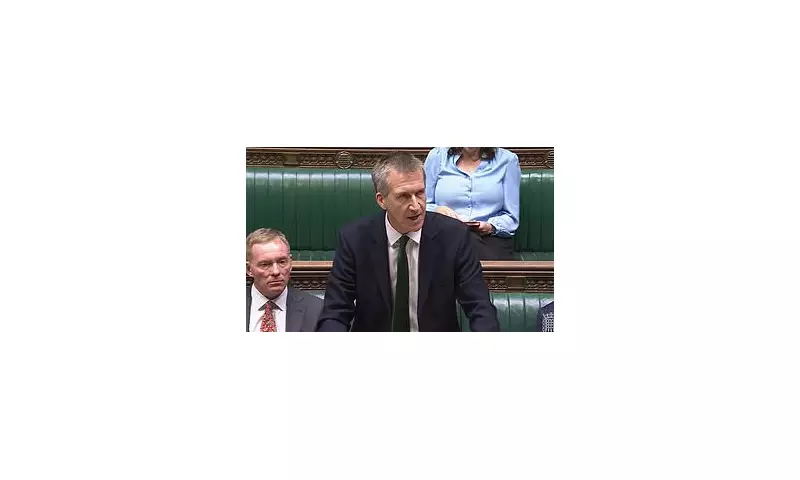
The Labour government is facing serious allegations of using a top security official as a scapegoat after the dramatic collapse of a high-profile China espionage case that has sent shockwaves through Westminster.
Security Shake-up Following Failed Prosecution
Matthew Doyle, who served as deputy national security adviser, has been removed from his position in the aftermath of the abandoned trial against three parliamentary researchers accused of spying for China. The development has sparked fury among security insiders who claim the government is searching for someone to blame for the embarrassing courtroom defeat.
The case against researchers Christopher Cash, Christopher Berry, and a third individual collapsed earlier this month when prosecutors admitted they had no realistic prospect of conviction. All three had vehemently denied charges under the Official Secrets Act.
Whitehall Insiders Cry Foul
Sources within Whitehall have expressed outrage at Doyle's treatment, with one senior figure describing the move as "a classic case of shooting the messenger." The insider revealed: "Matthew is being made the fall guy for a case that was always going to be difficult to prove. The evidence simply wasn't there, and everyone knew it except those at the very top."
The security source further criticised the government's handling of the situation, suggesting that political pressure had overridden professional judgment in bringing the case to trial.
Government Under Fire for National Security Approach
Opposition parties have seized upon the controversy, with Conservative security spokespersons demanding answers about what they describe as "a catastrophic failure in national security protocol." The collapsed case has raised serious questions about the government's approach to counter-espionage operations and the quality of intelligence gathering.
Security experts warn that the debacle could damage Britain's ability to combat genuine threats from state actors, particularly China, which has consistently denied allegations of espionage operations within UK political circles.
Broader Implications for UK-China Relations
The failed prosecution comes at a delicate time in UK-China relations, with the government attempting to balance economic interests with security concerns. The case's collapse has complicated this balancing act, leaving ministers facing awkward questions about their strategy toward Beijing.
As the political fallout continues, attention is turning to who authorised the prosecution and whether adequate evidence existed to justify such serious charges. Many in Westminster are now questioning whether the case was driven more by political posturing than solid intelligence.
The Home Office and Cabinet Office have declined to comment on personnel matters, while Matthew Doyle could not be reached for comment. The silence from government departments has only fuelled speculation about the real reasons behind this high-profile security shake-up.





